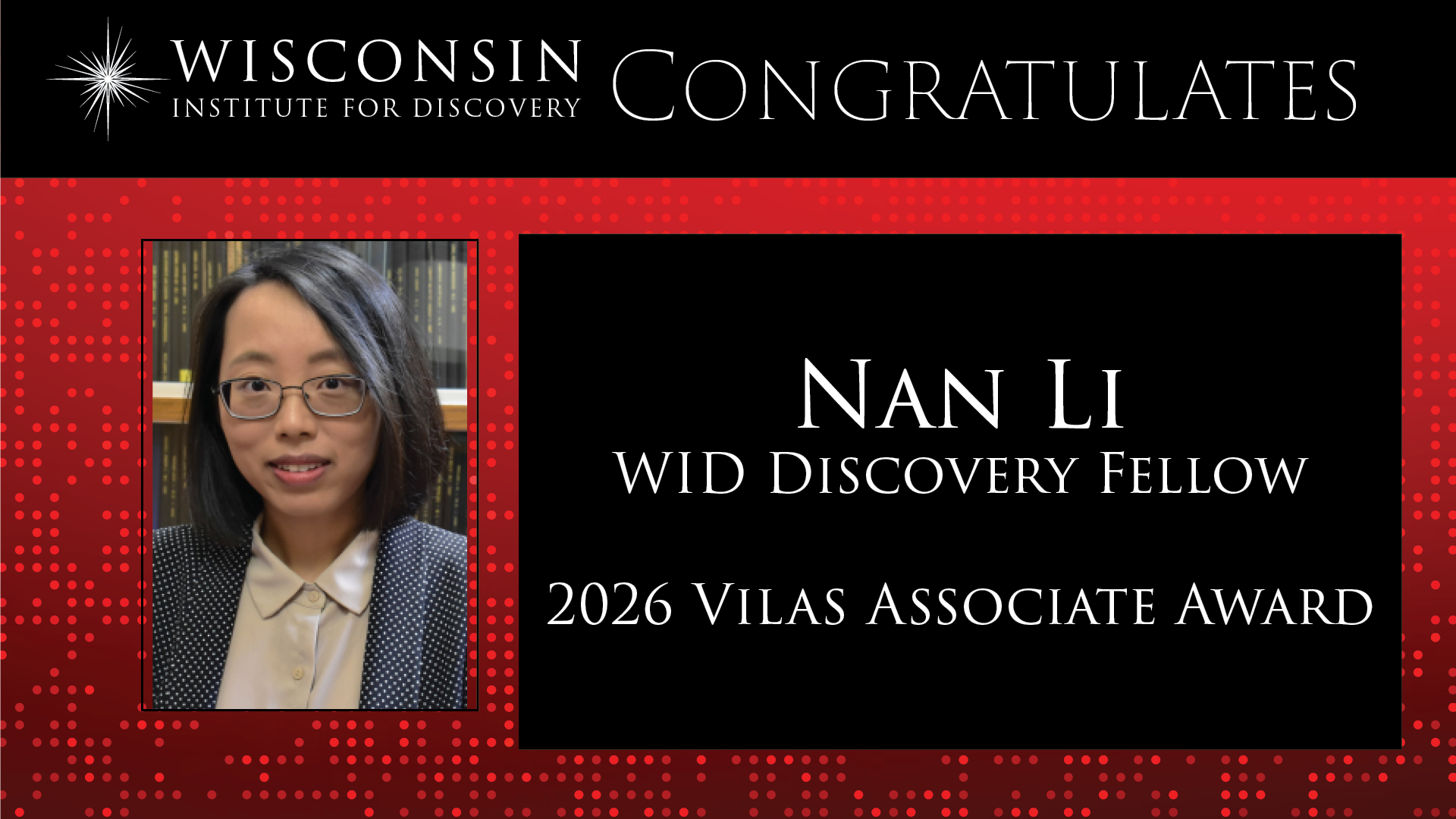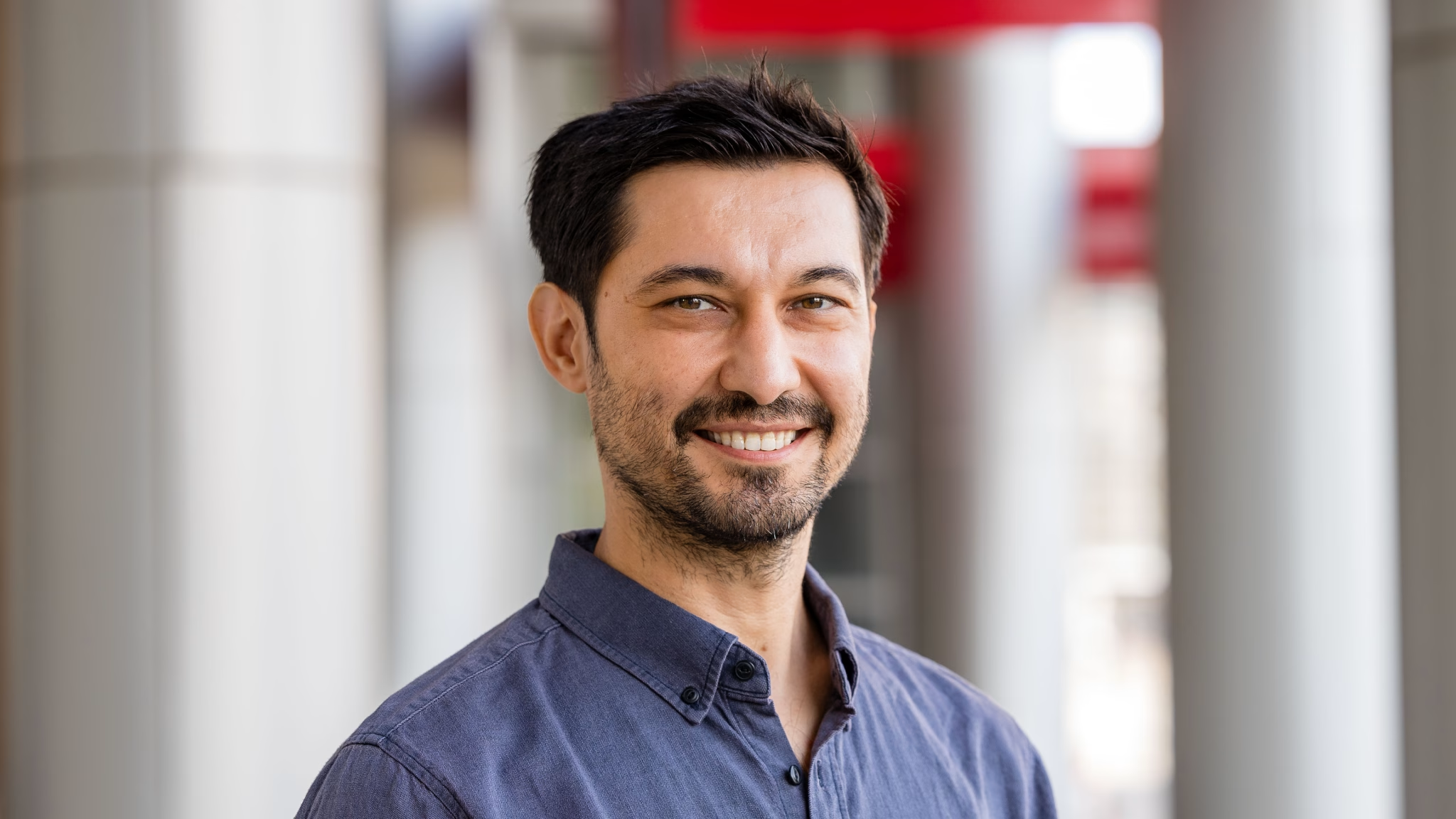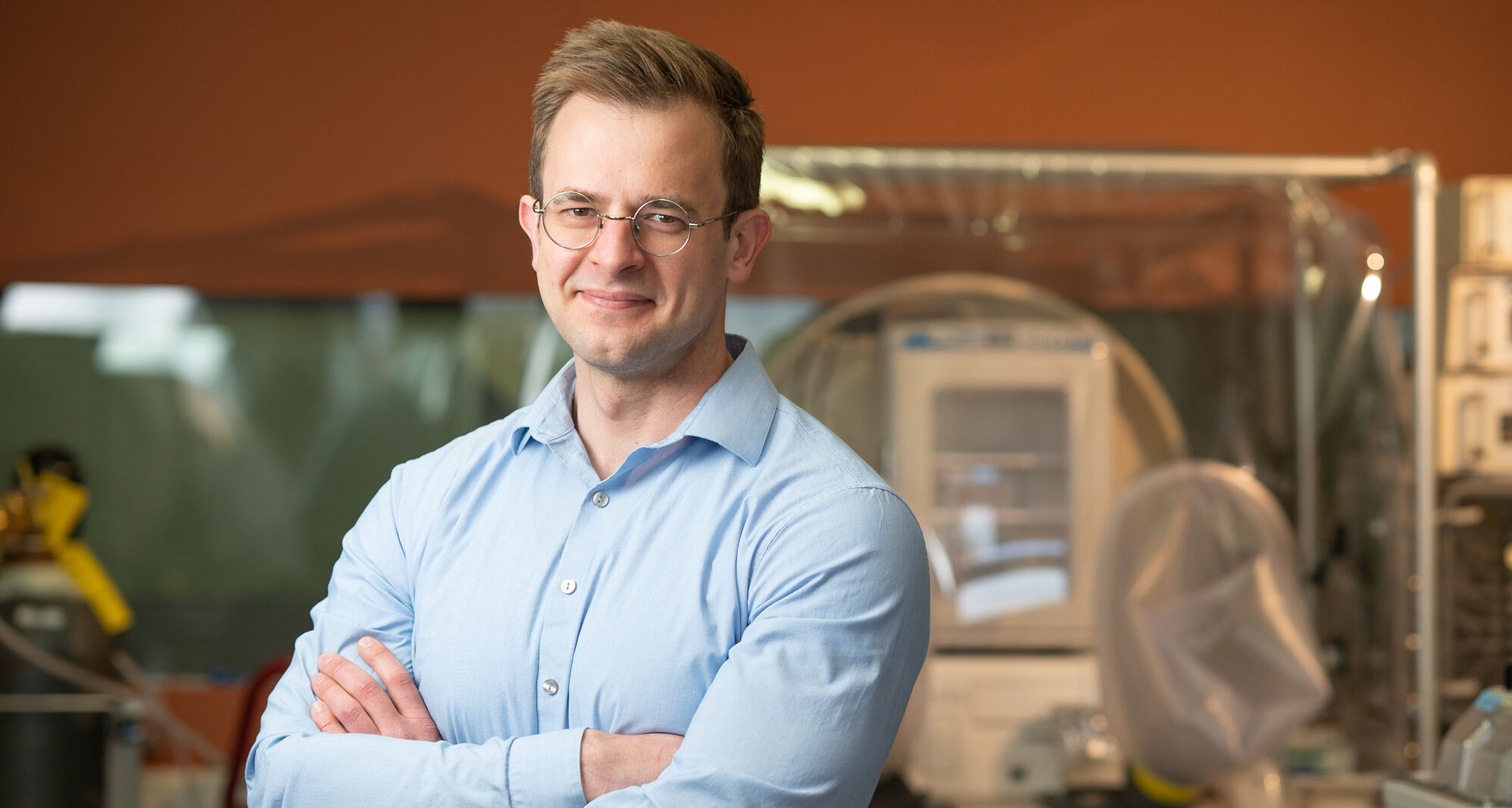WID Researchers Collaborate on UW2020 Projects
Researchers at the Wisconsin Institute for Discovery are co-Principal Investigators and co-Investigators on four UW2020: WARF Discovery Initiative projects. The initiative is funded by the Office of the Vice Chancellor for Research and Graduate Education and the Wisconsin Alumni Research Foundation. The Graduate School also supplies direct support for some research assistants.
This is the fifth round of UW2020 projects and brings the total number of UW2020 projects to 85 since the first round awards were announced in 2016. This round includes both infrastructure and research projects. The projects were reviewed by faculty across the university. The UW2020 Council, a group of 17 faculty from all divisions of the university, evaluated the merits of each project based on the reviews and their potential for making significant contributions to their field of study. The goal of UW2020 is to stimulate and support cutting-edge, highly innovative and groundbreaking research at UW–Madison and to support acquisition of shared instruments or equipment that will foster significant advances in research.
“As with the other rounds of UW2020, we have leveraged multidisciplinary collaborations to lead the way to new discoveries that will transform lives,” says Norman Drinkwater, interim vice chancellor for research and graduate education. “With Round 5 we also see a commitment to support rapidly growing and emerging areas of research including data science and nanotechnology, but also the need to build on the areas we already excel in, to remain competitive moving forward.” See all of this round’s UW2020 projects here.
A New Window into Human Reproduction
This project merges the tools of data science and formal demography to follow several million women on the journey into conception and through the early months of pregnancy. The research will provide some of the first estimates of large-scale population variability in the pathway to live birth.
Human reproduction is limited in critical ways by conception failures and pregnancy losses. Conception and early pregnancy loss are extremely difficult to observe in populations. Pregnant women without health complications begin arriving in clinics for prenatal care in the seventh to twelfth week of pregnancy. Some women arrive later, unaware that a pregnancy has begun or because of limited access to prenatal care. As a result, the early part of pregnancy is largely hidden from researchers. This early window is when much about the success of a pregnancy is determined.
This project aggregates information from day-to-day tracking of menstrual cycles, sexual activity, ovulation, and conception through cell and tablet devices with information about the physical, social and economic environments in which women and their partners live.
PRINCIPAL INVESTIGATOR:
- Jenna Nobles
Professor of Sociology
CO-PRINCIPAL INVESTIGATORS:
- Deborah Ehrenthal
Associate Professor of Obstetrics and Gynecology - Robert Nowak
Professor of Engineering
Development and Preclinical Testing of Multifunctional Nanoparticles for Optimizing the In Situ Tumor Vaccine Effect of Radiation Therapy
This project addresses a significant problem in oncology – to recruit immune cells to tumors and activate these cells to attack the tumor. The approach is to develop an in situ vaccine treatment regimen that can be employed against any type of cancer in any location for the purpose of enhancing tumor antigen presentation and stimulating an effective, adaptive, anti-tumor immune response to eradicate metastatic disease. This is important to increase response rates to immunotherapies, and to prolong survival with cancer.
In situ tumor vaccination is a therapeutic strategy that seeks to convert a patient’s own tumor into a nidus for presentation of tumor-specific antigens in a way that will stimulate and diversify an anti-tumor T cell response.
PRINCIPAL INVESTIGATOR:
- Zachary Morris
Assistant Professor of Human Oncology
CO-PRINCIPAL INVESTIGATOR:
- Shaoqin Sarah Gong
Professor of Biomedical Engineering and Wisconsin Institute for Discovery
Enabling Graphics Processing Unit-based Data Science
UW–Madison researchers increasingly require graphics processing units (GPUs), specialized computing hardware that powers many of the dominant data science technologies, including but not limited to deep learning. This project will create GPU computing resources that include a community of technical experts, a library of sharable software and documentation, and a freely accessible pool of computer servers with GPUs managed by the Center for High Throughput Computing (CHTC) in order to unite existing GPU-based data science researchers and bring new tools into the hands of scientific domain experts.
These capabilities will support other emerging data science initiatives at the UW–Madison and accelerate and enable new research in a wide spectrum of areas including agronomy, bacteriology, botany, chemistry, computer science, computer vision, cryo-electron microscopy-based structural biology, engineering, genomics, machine learning, medical imaging, neuroscience, personalized medicine, physics and psychology.
PRINCIPAL INVESTIGATOR:
- Anthony Gitter
Assistant Professor of Biostatistics and Medical Informatics, Morgridge Institute for Research
CO-PRINCIPAL INVESTIGATORS:
- Miron Livny
Professor of Computer Sciences, Director of the Center for High Throughput Computing, Chief Technology Officer of the Morgridge Institute for Research and the Wisconsin Institute for Discovery - Lauren Michael
Research Computing Facilitator at the Center for High Throughput Computing, Discovery Fellow at the Wisconsin Institute for Discovery
CO-INVESTIGATORS:
- David Page
Professor of Biostatistics and Medical Informatics, Wisconsin Institute for Discovery - Dimitris Papailiopoulos
Assistant Professor of Electrical and Computer Engineering - Sebastian Raschka
Assistant Professor of Statistics - Vikas Singh
Professor of Biostatistics and Medical Informatics - Paul Ahlquist
Professor of Oncology and Molecular Virology, Professor of Microbiology, Professor of Plant Pathology, Investigator at Morgridge Institute for Research and Howard Hughes Medical Institute - Ender Tekin
Associate Scientist at the Waisman Center - Elizabeth Wright
Professor of Biochemistry, Director of the Cryo-Electron Microscopy Research Center, Morgridge Institute for Research
Establishing a Radio Astronomy Data Science Center at UW–Madison
This project will establish the UW–Madison as a vital hub and innovative partner with the National Radio Astronomy Observatory and a consortium of Historically Black Colleges and Universities (HBCUs) to establish a radio astronomy data science center. The project will put UW–Madison astronomers at the forefront of the next generation of radio astronomy surveys, engage the data science community at the UW–Madison, and allow the UW–Madison to take a leading role in preparing a new generation of diverse data scientists.
The NRAO is undertaking a multi-year project to image the entire sky visible from New Mexico using the Karl Jansky Very Large Array Sky Survey (VLASS) to provide the deepest look at the Universe at 2-4 GHz, allowing us to probe galaxy evolution, black hole growth, and the origin and evolution of large scale magnetic fields, all of which are at the forefront of modern astrophysics. The UW–Madison effort will be to aid in the processing and imaging VLASS data, developing and implementing tools to extract science out of the data, and developing and implementing tools that allow astronomers to use VLASS in conjunction with other astronomical datasets.
PRINCIPAL INVESTIGATOR:
- Eric Wilcots
Professor of Astronomy
CO-PRINCIPAL INVESTIGATOR:
- Sebastian Heinz
Professor of Astronomy
CO-INVESTIGATORS:
- Keith Bechtol
Assistant Professor of Physics - AnHai Doan
Professor of Computer Sciences - Eric Hooper
Scientist in Astronomy - Lauren Michael
Scientist, Center for High Throughput Computing - Robert Nowak
Professor of Electrical and Computer Engineering - Lyndele von Schill
Director of Diversity and Inclusion, National Radio Astronomy Observatory
COLLABORATORS:
- Tony Beasley
Director of the National Radio Astronomy Observatory - Miron Livny
Professor of Computer Sciences, Director of the Center for High Throughput Computing, Chief Technology Officer of the Morgridge Institute for Research and the Wisconsin Institute for Discovery - Snezana Stanimirovic
Professor of Astronomy
Light-Sheet Fluorescence Microscopy: Shared Instrumentation to Visualize Biology in Four Dimensions
This project provides UW–Madison researchers with access to a turn-key light-sheet fluorescence microscopy (LSFM) imaging system in a dedicated core facility and establishes a partnership with the UW–Madison Optical Imaging Core facility, which has been structured to serve the microscopy needs of the entire campus.
LSFM is a state-of-the-art imaging method that optimizes photon detection efficiency by only illuminating the sample plane of interest. This unique design results in an extremely low rate of photobleaching and phototoxicity, enabling long-term imaging for hours or days. This opens the door for many researchers to perform 4D imaging of large and delicate samples, while still being able to observe fast subcellular processes and interactions within cells, tissues and even intact organisms.
Acquisition of a cutting edge LSFM imaging platform will promote groundbreaking research across campus and fundamentally transform the ability to address critical biomedical issues across a wide range of fields.
PRINCIPAL INVESTIGATOR:
- Beth Weaver
Associate Professor of Cell and Regenerative Biology
CO-PRINCIPAL INVESTIGATORS:
- Anjon Audhya
Associate Professor of Biomolecular Chemistry - Mark Burkard
Associate Professor of Hematology-Oncology - Erik Dent
Associate Professor of Neuroscience - Kevin Eliceiri
Principal Investigator and Director of the Morgridge Institute of Research Laboratory for Optical and Computational Instrumentation - Aussie Suzuki
Assistant Professor of Onocology - Nathan Sherer
Associate Professor of Oncology
CO-INVESTIGATORS:
- Richard Anderson
Professor of Basic Research - Alan Attie
Professor of Biochemistry - Arash Bashirullah
Associate Professor of Pharmacy - William Bement
Professor of Integrative Biology - Anita Bhattacharyya
Assistant Professor of Cell and Regenerative Biology - Emery Bresnick
Professor of Cell and Regenerative Medicine - Hao Chang
Assistant Professor of Dermatology - Dustin Deming
Assistant Professor of Hematology-Oncology - Feyza Engin
Assistant Professor of Biomolecular Chemistry - Andreas Friedl
Professor of Pathology - David Gamm
Associate Professor of Ophthalmology - Ted Golos
Professor of Comparative Biosciences - Tim Gomez
Professor of Neuroscience - Guy Groblewski
Professor of Nutritional Science - Jeffrey Hardin
Professor of Integrative Biology - Mrinalini Hoon
Assistant Professor of Ophthalmology - Anna Huttenlocher
Professor of Medical Microbiology and Immunology - Gopal Iver
Assistant Professor of Human Oncology - Robert Kaletja
Professor of Oncology - Michelle Kimple
Associate Professor of Endocrinology - Laura Knoll
Professor of Medical Microbiology and Immunology - Sathish Kumar
Associate Professor of Comparative Biosciences - Paul Lambert
Professor of Oncology - Peter Lewis
Assistant Professor of Biomolecular Chemistry - Mark Mandel
Associate Professor of Medical Microbiology and Immunology - Matthew Merrins
Assistant Professor of Endocrinology - Darcie Moore
Assistant Professor of Neuroscience - Deane Mosher
Professor of Biomolecular Chemistry and Medicine - Marisa Otegui
Professor of Botany - Sean Palecek
Professor of Chemical and Biological Engineering - Alan Rapraeger
Professor of Human Oncology - William Ricke
Professor of Urology - John-Demian Sauer
Associate Professor of Medical Microbiology and Immunology - Linda Schuler
Professor of Biosciences - Raunak Sinha
Assistant Professor of Neuroscience - John Svaren
Professor of Comparative Biosciences - Randal Tibbetts
Professor of Human Oncology - Chad Vezina
Associate Professor of Comparative Biosciences - Jill Wildonger
Assistant Professor of Biochemistry - Elizabeth Wright
Professor of Biochemistry





